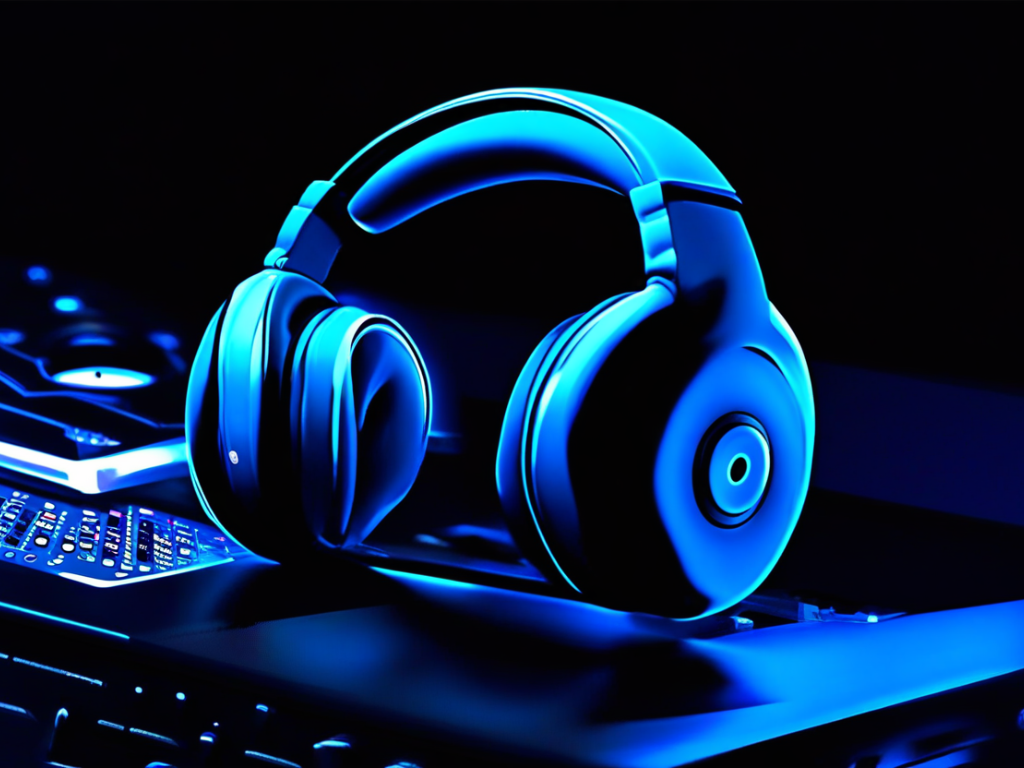As audio enthusiasts, we are constantly looking for ways to enhance our music listening experience, and with the rise of wireless audio technology, understanding Bluetooth codecs is crucial for maximizing sound quality. Bluetooth codecs play a significant role in determining the audio quality you get from your wireless headphones, earbuds, or speakers. In this article, we will delve deep into the world of Bluetooth codecs, exploring how they work, the different types available, and how you can make the most of them to elevate your wireless audio experience.
In this article you will find:
- What are Bluetooth Codecs?
- Types of Bluetooth Codecs
- AptX and aptX HD
- LDAC
- Choosing the Right Codec
- Maximizing Wireless Audio Quality
- Conclusion
What are Bluetooth Codecs?
Bluetooth codecs are compression algorithms that encode and decode digital audio data during wireless transmission. They have a direct impact on the quality of audio playback, affecting factors such as sound fidelity, latency, and power consumption. By using Bluetooth codecs, audio devices can compress audio data for transmission and then decompress it for playback on the receiving end.
Types of Bluetooth Codecs
There are several Bluetooth codecs in use today, each offering different levels of audio quality and performance. Some common Bluetooth codecs include SBC (Subband Coding), AAC (Advanced Audio Coding), aptX, aptX HD, LDAC, and more. Let’s take a closer look at some of these popular codecs:
AptX and aptX HD
AptX is a codec developed by Qualcomm that ensures high-quality audio streaming over Bluetooth. It delivers near-CD quality sound with low latency, making it a popular choice for many audio manufacturers. AptX HD takes this a step further by supporting high-resolution audio up to 24-bit/48kHz, offering even better sound quality for compatible devices.

LDAC
LDAC, developed by Sony, is known for its ability to transmit high-resolution audio content wirelessly. LDAC can support up to 24-bit/96kHz audio, surpassing the capabilities of other Bluetooth codecs in terms of audio resolution. It provides a superior listening experience for audiophiles who demand the highest quality from their wireless audio devices.
Choosing the Right Codec
When selecting Bluetooth headphones or speakers, it’s essential to consider the codec compatibility with your source device. For example, if you own an Android smartphone that supports LDAC, opting for headphones that also support LDAC would be ideal to maximize audio quality. Similarly, iOS users might benefit from devices that support AAC for seamless wireless audio streaming.
Maximizing Wireless Audio Quality
To ensure you are getting the best audio quality from your Bluetooth headphones or speakers, consider the following tips:
- Update your firmware: Manufacturers often release firmware updates that can enhance codec performance and overall sound quality.
- Opt for higher quality codecs: Choose devices that support aptX, aptX HD, LDAC, or other high-quality codecs for superior audio streaming.
- Reduce interference: Minimize obstacles between your device and the audio source to maintain a stable Bluetooth connection and avoid audio dropouts.
Conclusion
By understanding the role of Bluetooth codecs and choosing the right ones for your setup, you can significantly improve the audio quality of your wireless music listening experience. Whether you are a casual listener or an audiophile seeking the best sound possible, optimizing Bluetooth codecs is a key step towards maximizing wireless audio quality.

